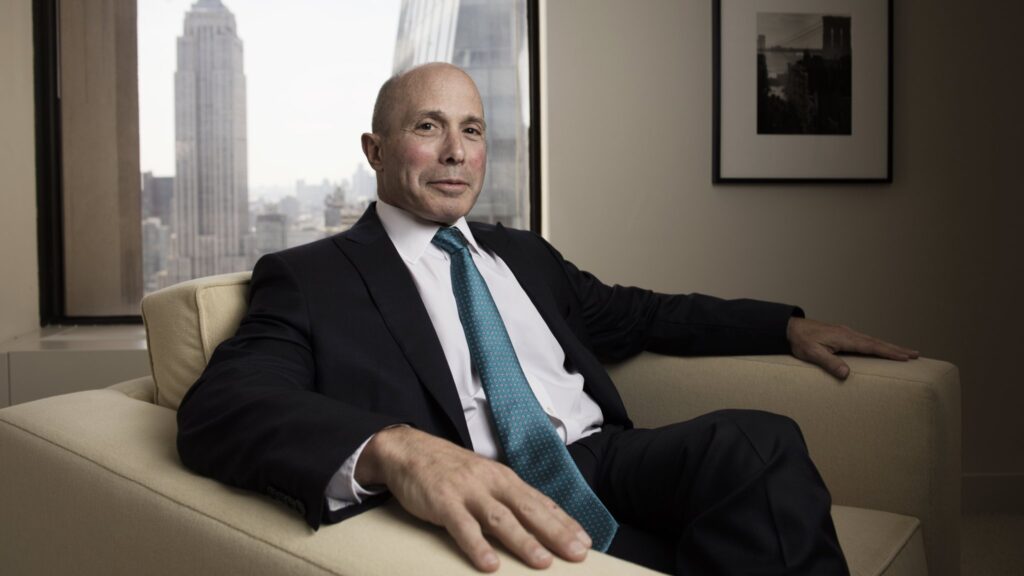Chubb CEO Evan Greenberg has called for a societal and business community examination of the purpose of third-party litigation funding.
Greenberg spoke on the matter during a keynote address at the Risk & Insurance Management Society’s annual conference in Atlanta, where he expressed concerns about the contribution of litigation funding to an increase in the frequency and severity of casualty lines.

Greenberg acknowledged that litigation funding can be beneficial for plaintiffs who cannot afford legal representation. However, he argued that the “vast majority” of cases where litigation funding is an asset class for investment are against society’s interests. He said that the purpose of litigation funding should be questioned and that the industry needs to take a closer look at the practice.
Evan Greenberg calls for new legislation and disclosure laws
Regarding insurers investing in litigation funding, Greenberg dismissed the idea, saying that it is “sort of like eating your own seed corn” and is not an effective hedge. Instead, he called for legislation starting with disclosure laws. He believes that plaintiffs should have to disclose who is funding their lawsuits, which would allow juries to understand whose interests are being served.
Greenberg acknowledged that implementing such laws would face resistance, but he called for the American business community to unite against the practice. He argued that excessive litigation is a tax on the economy and that innovation and progress are impacted by an excessively litigious society.
According to a report by Westfleet Advisors, capital committed to new US litigation funding deals increased by 16% in 2022, with litigation funders investing $3.2 billion last year. Greenberg cited data from the US Chamber of Commerce Institute for Legal Reform, which showed that the total cost and compensation paid in the tort system was $443 billion in 2022. However, only 53 cents of each dollar goes to plaintiffs.
Greenberg believes that casualty rates in most classes will need to continue to rise to keep up with loss costs. He cited an “aggressive trial bar” that is “turbo-charged by litigation funding” set against a “backdrop of societal attitudes around social justice, anti-corporate sentiment, and juries sympathetic to victims.”










